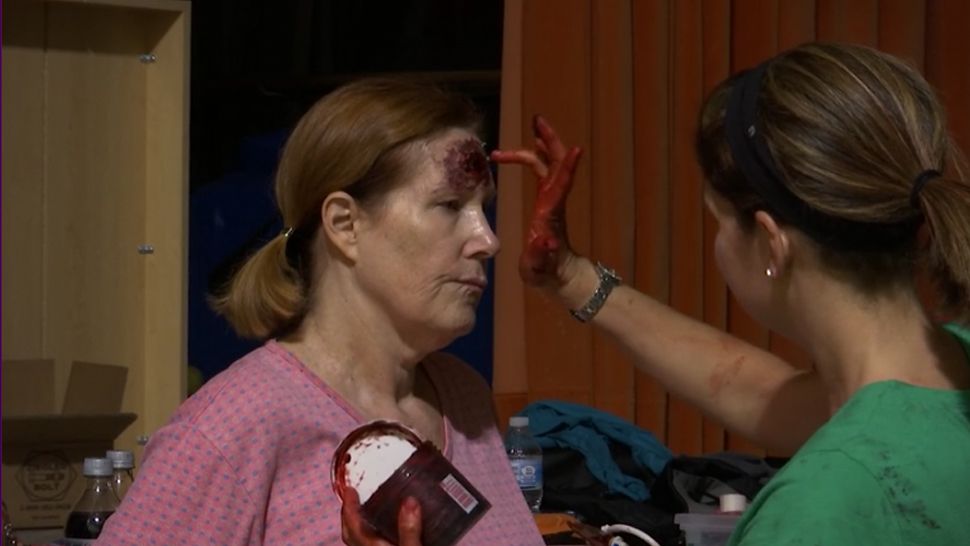DAYTON, Ohio– Ohio Governor Mike DeWine visited Sinclair Community College to host a free event called “Building Resiliency: A Pediatric Mental Health Summit, which targeted reducing and coping with traumatic experiences for children.
DeWine said with many Ohioans experiencing trauma, we all have a responsibility to support each other, especially children.
“Each one of us has the ability to impact a child’s life,” DeWine said. “Ohio has a challenge; if you look at trauma, unfortunately, we rate pretty high in regard to trauma to children.”
He said Ohioans, especially those in Dayton, have had a particularly rough year.
“The people of Dayton, the children of Dayton, have been through a lot,” he said. “With the tornadoes, the city’s been through a lot with the KKK coming to town, that was not a fun experience for the city to have to go through. Then on top of that on Aug. 4th, we had the horrible shootings and the tragedy. So I think this is an apt location [for today’s event], but we shouldn’t think that the only trauma is here in Dayton. We have children across the state who are at absolutely no fault of their own are suffering trauma.”
Ohio Children’s Hospital Association and Sinclair welcomed hundreds of parents, educators, medical and mental health professionals who gathered to find ways to reduce the effects of trauma on Ohio’s children.
“We’re at a tipping point where we have a real opportunity to create an environment moving forward that promotes that resiliency, that fosters those feelings of mastery and independency and belonging and generosity, that will help take us to a new level as the state of Ohio,” John Duby, vice president for academic affairs and community health at Dayton Children’s Hospital.”
Governor Dewine is hopeful Thursday’s summit was the first step in the right direction.
“Reaching these children as early as we can, children who have been traumatized, we know we have a much better chance if we reach them early in life,” he said. “For them to be able to live a good life, a normal life and be able to overcome the trauma that’s been inflicted upon them — it’s certainly never too late — but the earlier we can reach these kids the better off we are.”









